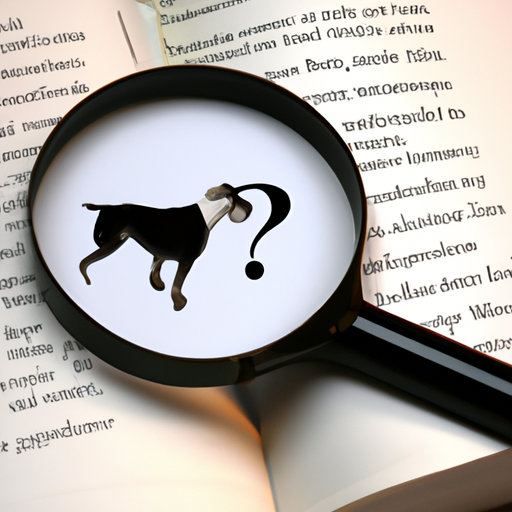As a caregiver, knowing your dog’s breed is not just about curiosity. It’s about understanding their needs, temperament, and potential health issues. Here’s how you can find out your furry friend’s breed.
1. Observe Physical Characteristics
Every breed has distinct physical features. For the untrained eye, these may go unnoticed. But with a little research, you can start to identify patterns.
- Size: Whether your dog is small, medium, or large can give you vital clues about its breed.
- Fur: Long, short, wavy, curly, or straight? Each breed has a unique fur type.
- Color: Breeds usually come in specific color patterns.
- Ears: Are they droopy or straight? Large or small?
- Tail: Some breeds have long, curved tails, others have stubby ones.
| Physical Feature | Example Breeds |
|---|---|
| Large size | Great Dane, Mastiff |
| Short fur | Beagle, Boxer |
| Unique color pattern | Dalmatian, Husky |
| Droopy ears | Basset Hound, Cocker Spaniel |
| Curved tail | Akita, Pug |
2. Study Their Behavior
Behavioural traits can also provide insights into your dog’s breed. High energy levels, for instance, are common in breeds like Border Collies and Jack Russell Terriers, while Bulldogs and Basset Hounds are known for their laid-back nature.
3. Use a Dog Breed Identification Test
A dog breed identification test can help you identify your dog’s breed accurately. These tests analyze your dog’s DNA and compare it to a database of known breed DNA sequences.
4. Consult a Veterinarian
Veterinarians are trained to identify breeds based on physical and behavioral characteristics. They can also provide you with valuable information about the specific needs of your dog’s breed.
5. Check with a Dog Breeder
Dog breeders specialize in particular breeds, and their knowledge can be priceless. If you suspect your dog might belong to a specific breed, contacting a breeder of that breed can provide you with more insights.
FAQs
Q: Are dog breed identification tests accurate?
A: While they are not 100% accurate, they provide a good approximation, especially for mixed breeds.
Q: Can a dog’s breed determine its personality?
A: Breed can influence a dog’s temperament, but training and socialization play crucial roles too.
Q: Is it expensive to consult with a dog breeder?
A: The cost can vary. Some breeders might offer advice for free, while others might charge a consultation fee.
Q: Does knowing my dog’s breed matter?
A: Yes, it helps you understand their needs better, from diet to exercise to potential health issues.
Remember, regardless of your dog’s breed, what matters most is the love and care you provide. Every dog is unique, and understanding their breed is just one piece of the puzzle in understanding them as a whole.



